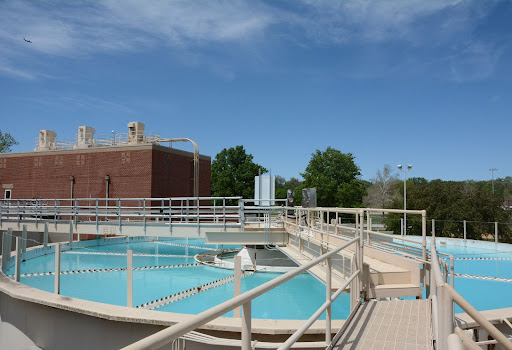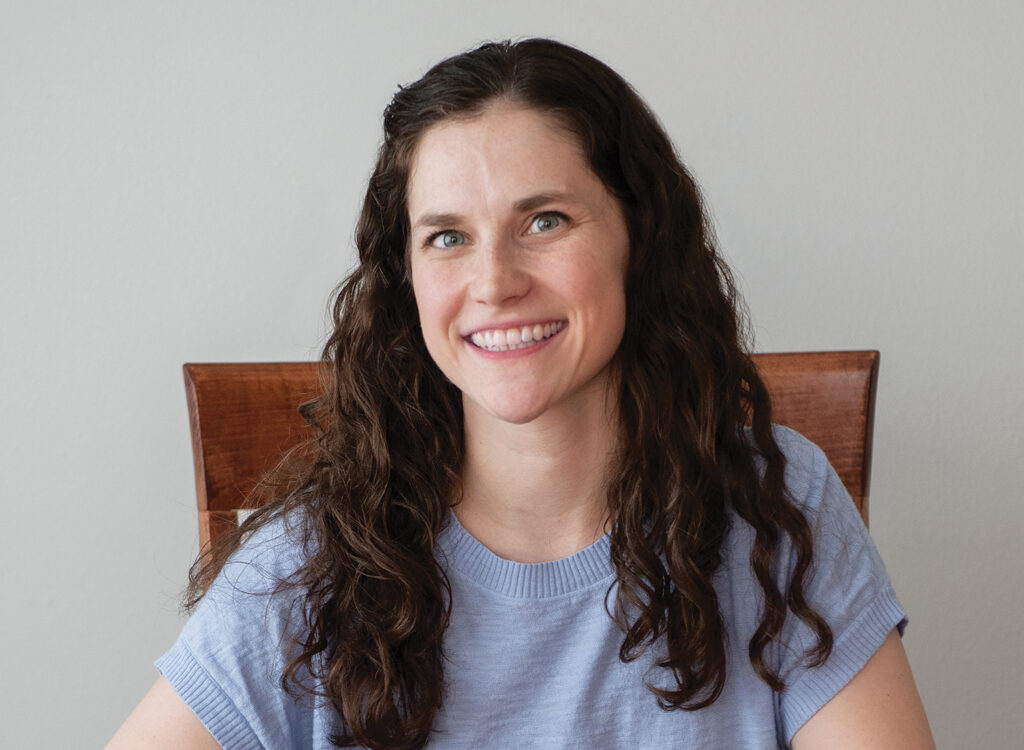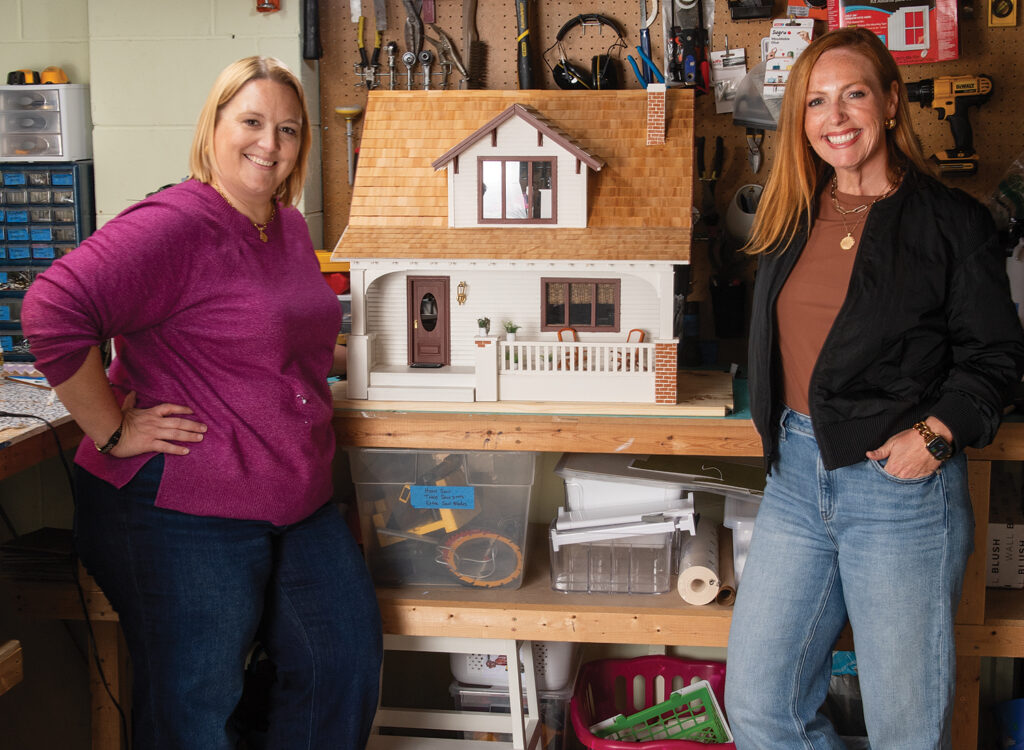Des Moines Water Works approves resolution to begin regionalization talks, awaits decision by W.D.M., Urbandale


This is a water treatment tank at the A.C. Ward water treatment plant in West Des Moines. West Des Moines is one of three communities involved in preliminary talks about regionalizing water production in the metro area. Photo contributed by West Des Moines Water Works.
A proposal to regionalize the metro’s water production system took a step forward Tuesday when the Des Moines Water Works board of trustees approved a resolution that board members said simply acts as a notice that public discussions about regionalization are about to begin in earnest.
The board was the first of three agencies to take action on the resolution. The Urbandale Water Utility’s board is scheduled to vote on the resolution on Jan. 12. The West Des Moines Water Works board is scheduled to vote on it Jan. 26.
If everyone approves the resolution and a 28E agreement is agreed upon, the new regional entity known as Central Iowa Water Works could be in operation by early 2023.
The Des Moines board voted 4-0 in favor of the nonbinding resolution. Board member Joel Aschbrenner was absent.
Of those who spoke publicly during the meeting, two people sought to have the board delay its vote, saying they thought more public input was needed before the resolution was considered, but indicated they favored regionalization.
Board Chair Graham GIllette said he and other board members pledged to have the public input and education that was being sought to ensure the public was informed on the proposal as the process unfolds.
“We will be having public discussions where we will go through the proposed agreement point by point … and I promise you and everyone in this community that Des Moines Water Works is committed to that public participation,” he said.
GIllette said the benefits of regionalization focus on protecting the natural resource of water.
“In facing climate change, pollution issues and population growth … all the things that put pressure and stress on our most vital resource, we need to band together and not compete with one another for that resource,” he said. “It would be unhealthy and bad for the environment and bad for ratepayers for us to compete by building redundant plants that are serving individual areas.”
He said other benefits include the equitable treatment of communities that buy in to the plan, and the equitable distribution of risks, such as pollution or drought.
Gillette emphasized that the resolution only indicates the beginning of the process and does not signal a final outcome.
The mayors of Clive and Ankeny spoke in favor of the resolution, with the mayor of Clive, Scott Cirksena, calling the proposed regionalization a “collaboration of a lifetime.”
If regionalization comes to fruition, only the sourcing and treatment of water would be regionalized. Individual agencies would remain intact and continue to oversee their own distribution systems.
The votes follow years of discussion that began around 2016. Those early discussions fell apart, but a more focused conversation about regionalization including representatives of Des Moines, West Des Moines and Urbandale began in the fall of 2019.
Those meetings were put on hold with the onset of the coronavirus pandemic, but resumed in mid-2020 to see if there was a path forward.
In November 2021, a report was issued that indicated consensus was reached on issues around regionalization and outlined what a regionalized utility would look like and how it would be governed. Each participating community would be given one representative on the board, with those over 100,000 population (Des Moines) having two. All Central Iowa water utility systems would be invited to participate.
The regional entity would buy water from other water utilities in the region and then sell it back to member communities at wholesale rates. It would determine water rates and treatment, as well as any expansion that would be needed to the system.
Christina Murphy, general manager of West Des Moines Water Works, said that with the rate of growth in the metro, action is needed sooner rather than later to determine the path forward to meet the growing demand for water.
“We’re growing in both population and economic development and supporting the business community,” she said. “Source water is one piece of that puzzle. Do we have enough adequate source water to meet that demand, and then we have to treat that water.”
Murphy said meeting that demand is vital to the continued economic development and job creation in the region.
“No matter what path we take, we need to have water available,” she said. “I get those inquiries [from companies] on a regular basis. You always have to be thinking ahead. Are they looking tomorrow? Are they looking a couple of years from now? What do I need to have in place? It most certainly is something that needs to be there to support economic development in our community.”
West Des Moines gets 70% of its water from its own system using water from the Jordan Aquifer, with 30% purchased from Des Moines, Murphy said.
Although West Des Moines has a contract with Des Moines for water through 2045, a decision on a path forward needs to be made before then, she said.
“There’s a lot of misconceptions that we can just wait until then to decide, but that’s not true,” Murphy said. “The growth that’s happening here in West Des Moines, we’re going to need more water in eight to 10 years, and we need to figure out where that water is going to come from. We can’t keep waiting to make a decision.”
While West Des Moines and Urbandale have been working on a regionalization plan with Des Moines, both communities have individually been working on other options they could pursue.
West Des Moines has been working on a western regionalization plan with Van Meter and Waukee to build a new treatment plant near Van Meter. Urbandale has purchased quarries along the Des Moines River and has plans — which have been put on hold — to build its own treatment plant.
Murphy, who worked with the city of Ames during that city’s project to build a new water treatment plant, said a project could take 10 years to come to fruition.
“We really need to pick a path forward and start planning for our future,” she said.
Dale Acheson, general manager of the Urbandale Water Utility, which receives 100% of its water from Des Moines, said there are misconceptions that regionalization would result in a reduction in rates for customers.
“In fact, there is a slower rate of increase on rates regionally versus if we build our plant,” he said. “We’d have to meet that debt service, so there is an immediate impact on our customers in the first four or five years. After about 20 years … regional becomes more expensive because we have most of our infrastructure paid off for treatment, and those costs are not nearly as dramatic as the ongoing costs of regionalization.”
Acheson said: “There is no model that shows rates are going down. All models, all costs are going up. This perspective that if we go regional there is a huge cost savings is not really a reality.”
While it’s important to address the growing demand for water, the effect regionalization will have on meeting that demand remains unknown, he said.
“I don’t know that it changes the ability to meet the demand,” Acheson said. “There could be some benefits that we’re all pooling dollars in order to tackle this problem.”
But for now, Des Moines Water Works has cleared the first hurdle of the process and now waits to see what the others will do.
“I know that we need to do the public education on this, but I can tell you from having been with this for the last five years, we have continued to kick the can down the road and we know as a board that we reaching a point where we need to make decisions,” board member Diane Munns said.










